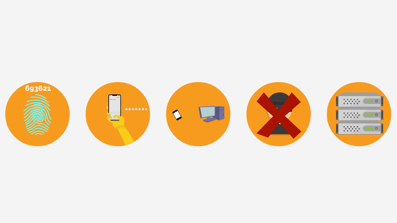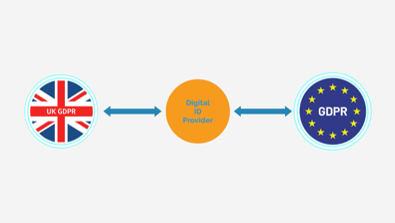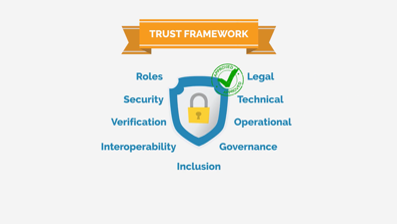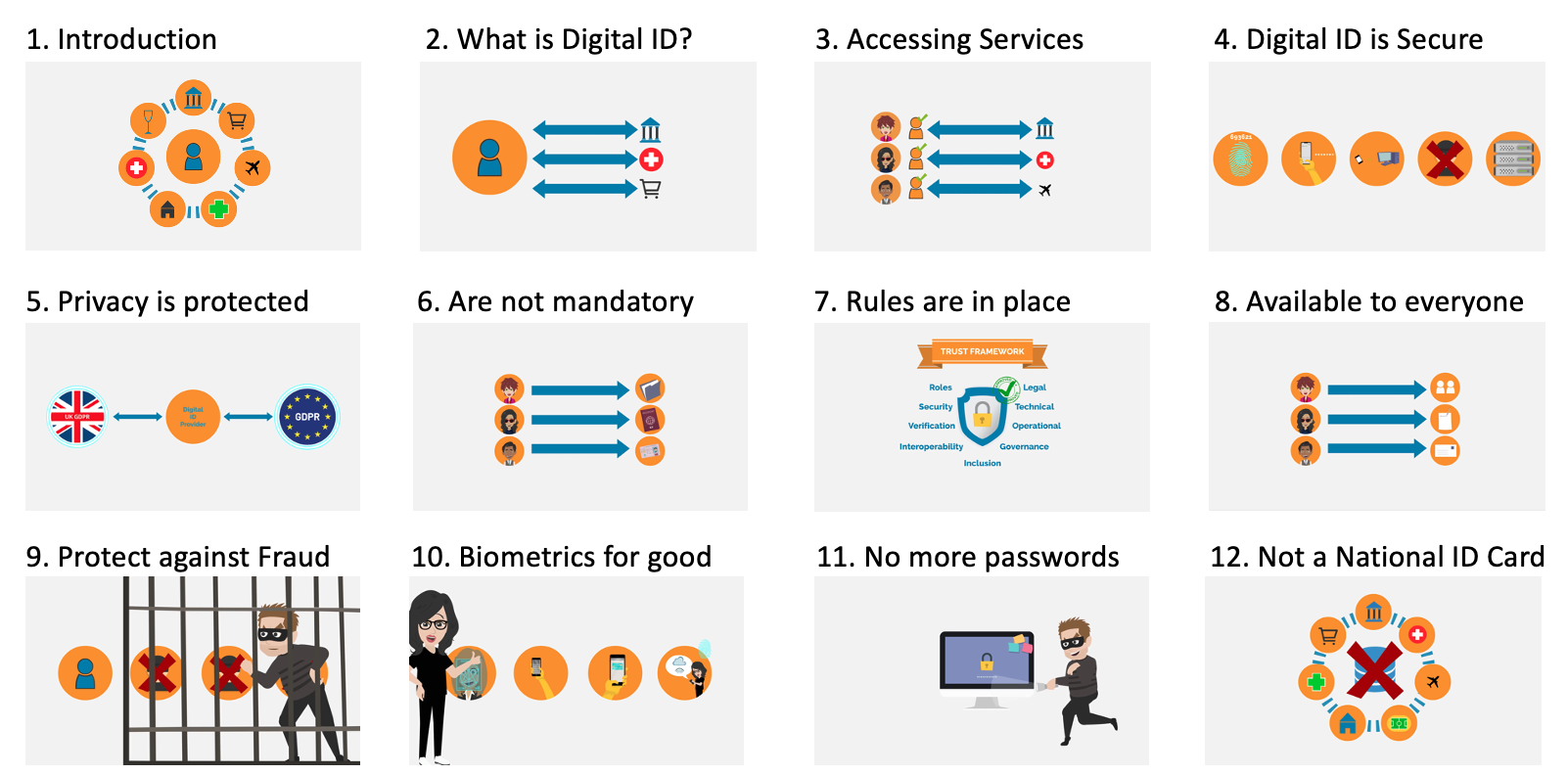
|
General area |
Digital ID is set to improve how people access any kind of service. In some countries, like Denmark, it’s now the primary way people access both public and private sector services. However, some people do not want a digital ID and are worried that it will not be a choice.
The simple answer is that digital ID will not be mandatory. There will always be choices.
One of the reasons for this concern is the fact that many people already struggle to prove who they are in order to access the services they are entitled to. They are worried that they’ll struggle to get a digital ID and this will make it even harder for them to access the services and products they need.
The good news is that there is a lot of work underway to ensure that anyone who wants a digital ID can get one easily. There is also a lot of focus on assisted digital capabilities for those who need it, as well as focus on alternative proofing methods for those who either struggle to prove who they are or simply do not want a digital ID.
The Open Identity Exchange has released a series of short educational videos explaining simply and clearly how Digital ID will work and how it will benefit the people that come to use it.
Click on the images below to watch each video individually or click on the last image in the list to watch all of them in one video.
 1. Introduction (User Friendly)
1. Introduction (User Friendly)
 2. What is Digital ID? (User Friendly)
2. What is Digital ID? (User Friendly)
 3. Will Digital ID Make Accessing Services Easier? (User Friendly)
3. Will Digital ID Make Accessing Services Easier? (User Friendly)
 4. Is Digital ID Secure? (User Friendly)
4. Is Digital ID Secure? (User Friendly)
 5. Will Digital ID Protect My Privacy? (User Friendly)
5. Will Digital ID Protect My Privacy? (User Friendly)
 6. Is Digital ID Mandatory? (User Friendly)
6. Is Digital ID Mandatory? (User Friendly)
 7. How Do We Ensure the Rules and Principles for Digital ID are followed? (User Friendly)
7. How Do We Ensure the Rules and Principles for Digital ID are followed? (User Friendly)
 8. Can Everyone get a Digital ID? (User Friendly)
8. Can Everyone get a Digital ID? (User Friendly)
 9. Will Digital ID Eradicate Identity Fraud? (User Friendly)
9. Will Digital ID Eradicate Identity Fraud? (User Friendly)
 10. Is Digital ID a National ID Card? (User Friendly)
10. Is Digital ID a National ID Card? (User Friendly)
 11. Do Biometrics Protect my Privacy? (User Friendly)
11. Do Biometrics Protect my Privacy? (User Friendly)
 12. Will Digital ID Remove the Need for Passwords? (User Friendly)
12. Will Digital ID Remove the Need for Passwords? (User Friendly)
 ALL VIDEOS (in One File - User Friendly)
ALL VIDEOS (in One File - User Friendly)
 Security Concerns (User Friendly)
Security Concerns (User Friendly)
 Privacy Concerns (User Friendly)
Privacy Concerns (User Friendly)
 Access Concerns (User Friendly)
Access Concerns (User Friendly)



